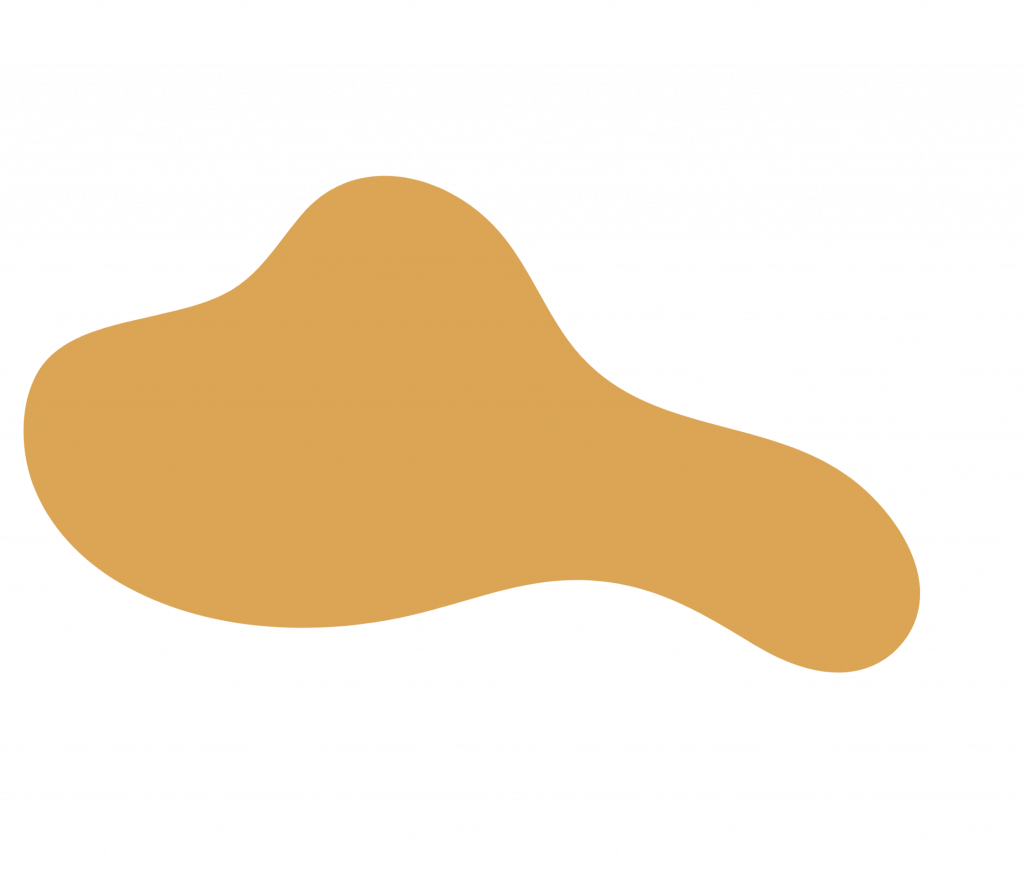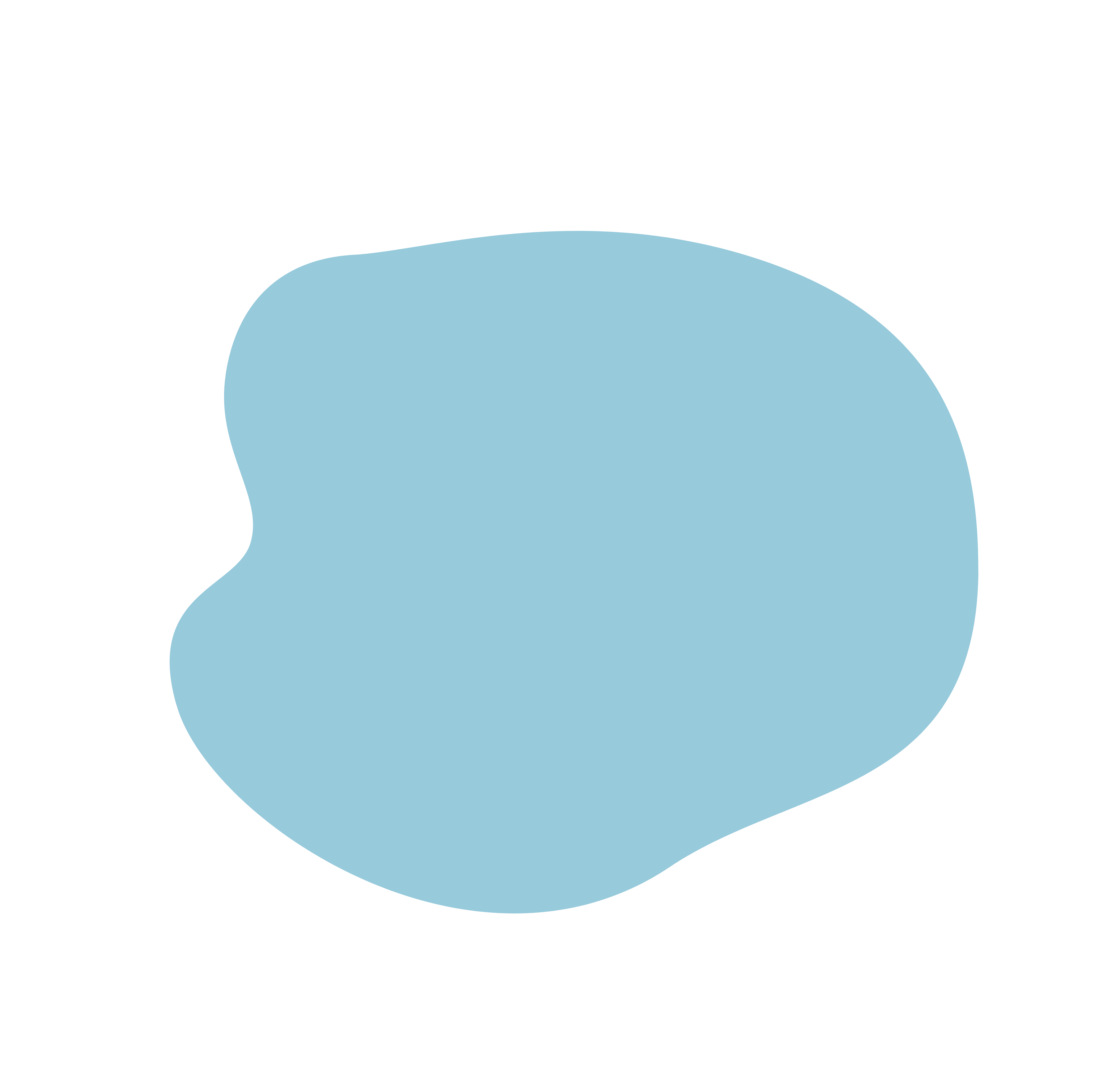We are a scientific team that has set out to better understand floods in arid regions. In areas where droughts or other natural catastrophes are the main focus of attention and floods occur only irregularly and relatively rarely, these phenomena are usually not yet well enough understood. But here, too, the dangers are increasing, not least due to climate change.
The area around the Kan River is just such an area where, when it rains heavily, rapid and dangerous flash floods can occur. Experience shows that it usually only lasts 20 minutes, so the time to prepare for an emergency is short. Debris and other materials are often carried along in the rapidly falling water masses, increasing the danger to people and buildings even further. Where and how to build is therefore very important, as is preparation for such events.
In order to understand this phenomenon well and, in the best case, to be able to offer some solutions, we have put together a team that covers the problem as completely as possible: Clearly, this includes hydraulic engineers who approach the problem primarily from a technological point of view. Partners from industry are also involved and are working on weather maps, forecasting and warning systems. But the human factor is also represented here, with sociologists working together with engineers to investigate adaptation behaviour and organisational networks.
A central component of the HOWAMAN research project is capacity building of stakeholders as a resilience strategy. We want to share and discuss our findings with interested parties from all spheres of society. We want to improve risk awareness of hazards and possible prevention strategies by creating opportunities for information, sharing experiences and gaining knowledge. The target groups are residents, tourists, university members and the general public.
This platform was created for this purpose: Find out about flood hazards in your region, exchange information on various topics in the forum, generate research data in the survey section, contact the project members and always get the latest findings, measures and (social) innovations from the project. The results of the platform are in turn iteratively incorporated into the design of the project, thus, with your participation you can actively take part in the research project.
Join the exchange with us, we are looking forward to it!


